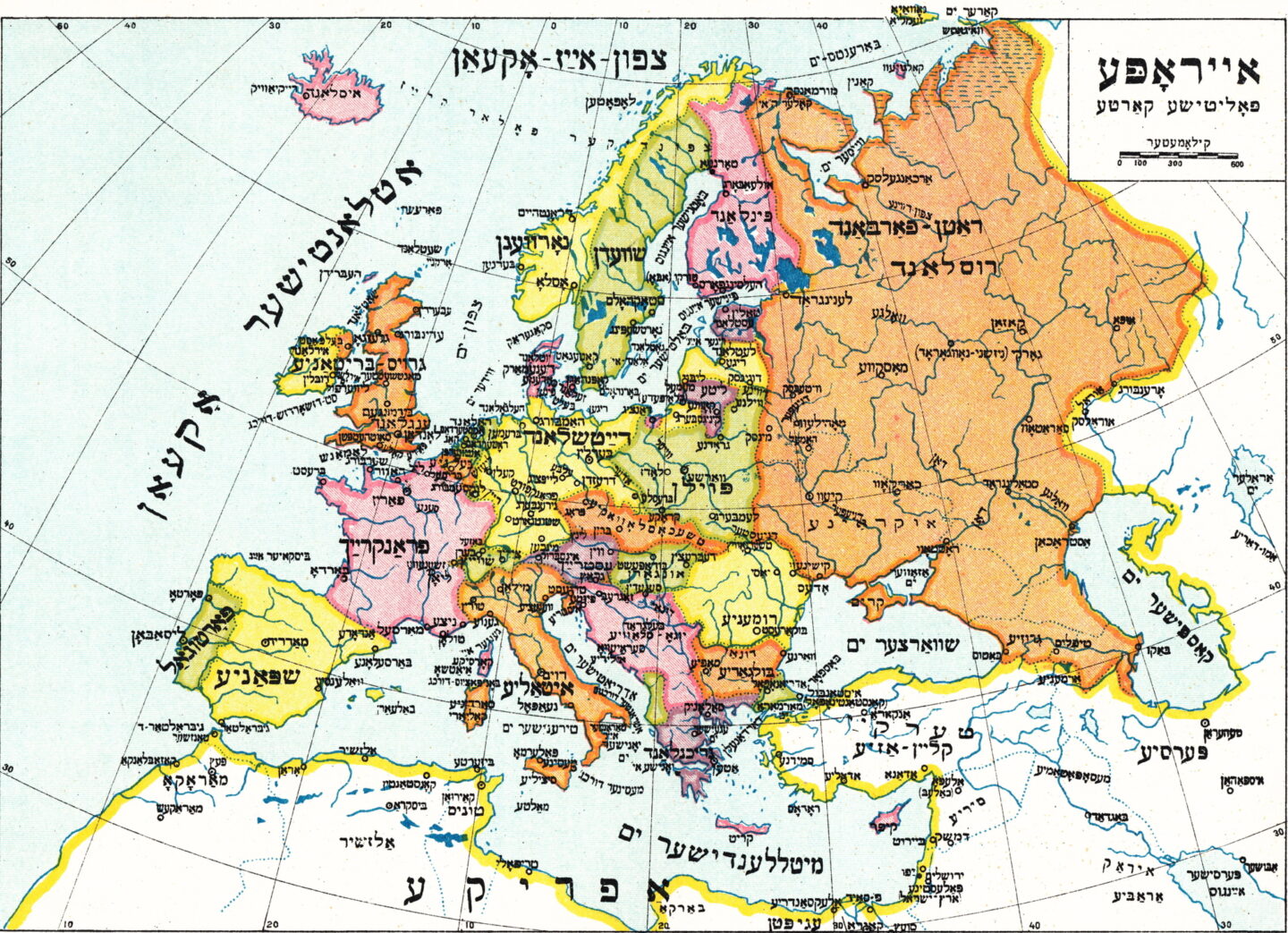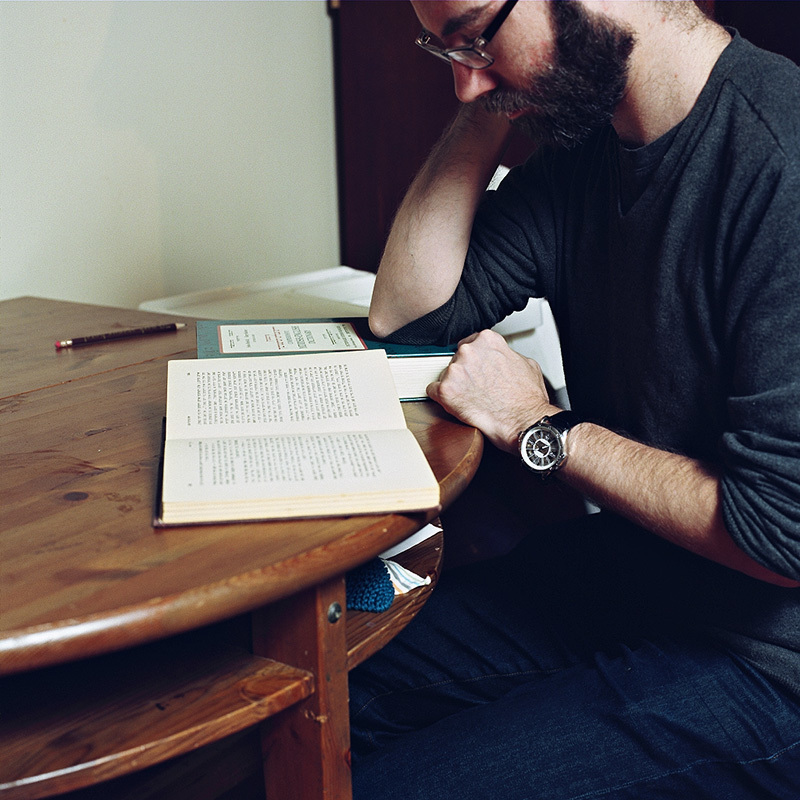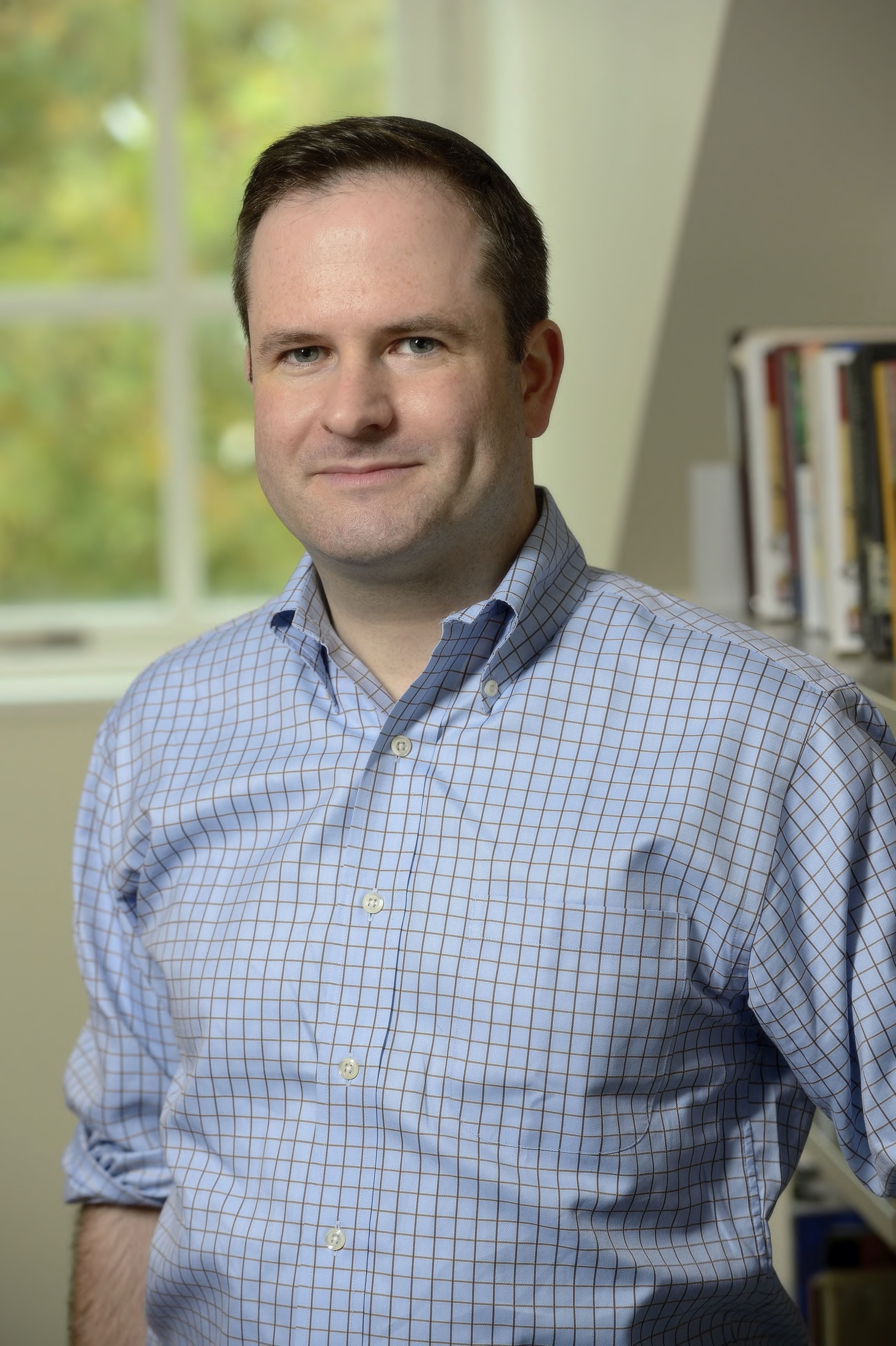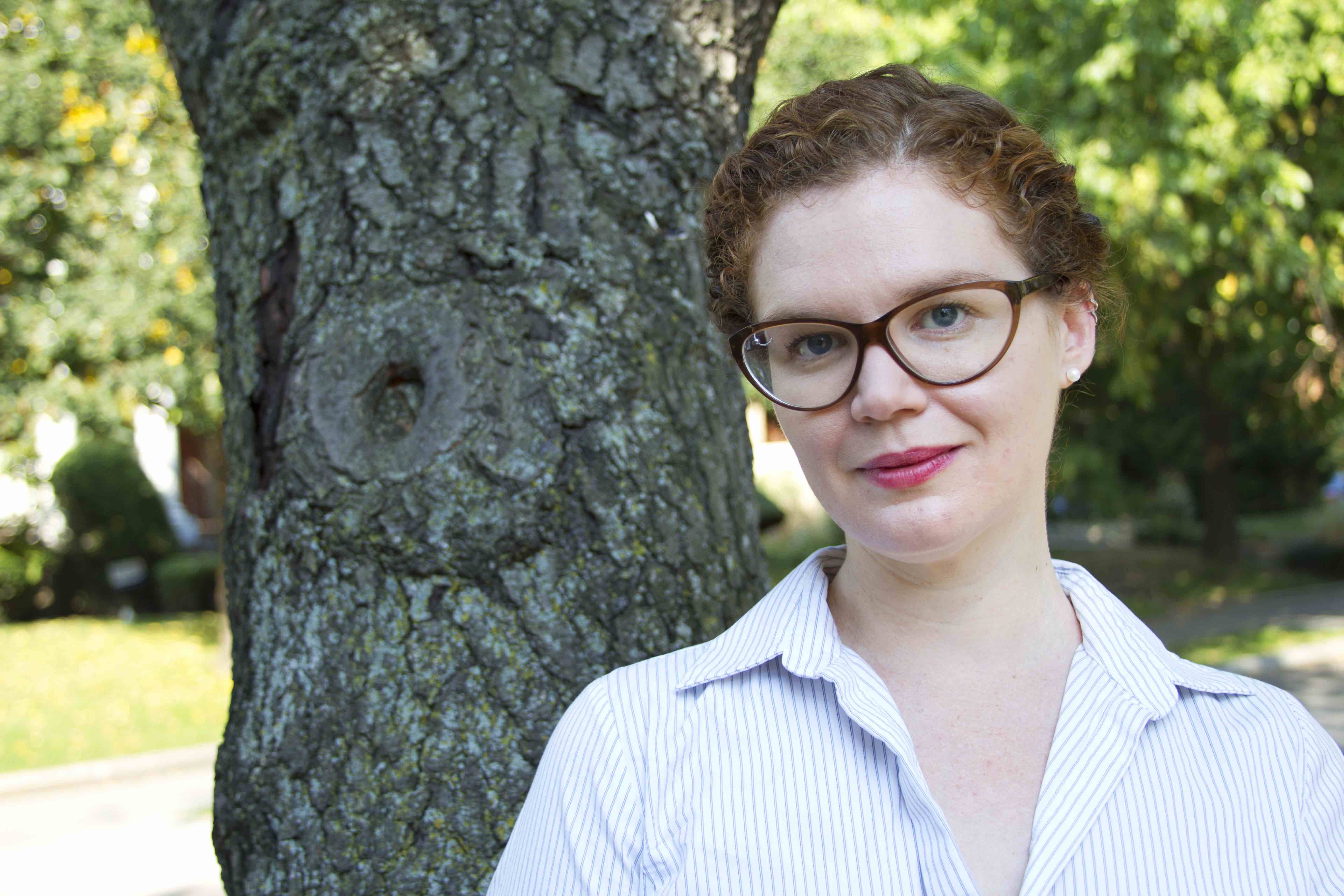Mar 20, 2016
INTRODUCTION
One of our perennial challenges at In geveb is how to account simultaneously for geography, history, language, and transliteration when referring to locations throughout the various materials we publish. How should we represent the places and spaces of Yiddish literature in a way that is accurate, true to the original, and readable to our audiences? While we usually adhere to the YIVO standard, should we do otherwise if an author uses a “non-standard” spelling?
We respect the author’s dialect whenever possible, but what about, for example, Abraham Sutzkever’s poem “A Funeral in the Rain”? Sutzkever writes about ozere narotsh, or Jezioro (Lake) Narocz in the official Polish of the day. Today it’s Narach in Belarusian. In English the lake is sometimes known as Naroch, due to a battle that took place there during World War I. We chose in this case to call it Narocz Lake in the translation, in order to reflect the geographical and political specifics of the time while making the piece comprehensible to readers less well-versed in the changing borders of Eastern Europe. But we can't say that we are very confident about this choice, since it obscures much of the contested history embedded in a single place name.
These editorial decisions are political, and they sometimes play out along genre and disciplinary lines. In order to explore the politics and practicalities of these choices, we invited three scholars to have a discussion: Ben Sadock, an editor and independent scholar, Sam Spinner, a scholar of Yiddish and German culture and a member of In geveb’s editorial board, and Sarah Zarrow, a historian of East European Jewry and a managing editor of In geveb.
Sarah Zarrow: One thing I’m wary about is imposing contemporary politics back on to the past. In my own scholarship, I’m careful now to use Ukrainian names for cities in Ukraine, but I also think that it’s a mistake, for example, to use the Ukrainian “Lviv” when talking about the city when it was under Polish rule (1918-1939) when it was called Lwów. I also think it would be a mistake in most cases to call that Polish city Lemberg or Lemberik—I think it’s important to acknowledge the political reality of the time.
Samuel J. Spinner: We certainly want to avoid a presentist imposition on the past; but the past has its own impositions, especially if we defer to its political realities, as you say. Those political realities were, after all, just as fraught and contested as present day ones. (And in the case of Lemberg/Lwow/Lviv, the continuities of the contestation are alarming.) So why privilege the political reality over other forms of identity construction? Did the 1920 Treaty of Warsaw suddenly make the city less Lemberg-ian than it had been before? 1 1 Signed in April 1920, during the Polish-Soviet War, the Treaty of Warsaw secured part of Poland’s Eastern border.
Another way of asking the question is: what aspect of a city’s identity do we as editors and scholars hope to emphasize in choosing what to call it?
Ben Sadock: Here’s my two groshn:
Even without the particular complications of a Jewish/Yiddish lens, finding stable/consistent place names in Eastern Europe is impossible. The changing political realities and competing national and cultural claims render the question inherently heterogeneous. Thus, it seems foolish to try to impose consistency on this inconsistent realm. Short of abdicating the editorial role, I think the best option is to follow authors’ lead, providing they can justify their choices.
Overall, I think that every choice of a place-name is problematic. Take Lviv/Lvov/Lwów/Lemberg/Lemberik. Why should we accept the current political situation and retroject a Ukrainian identity? But why should we Russify a city that was never in Russia? Or Polonize a city that was only in Poland for a few decades? And why should we pick a German name that now is exotic to the point of being opaque, and far from what is now the German-speaking world? Or, even worse, pick a Yiddish name that few people know and that is not on any accessible maps?
It would seem that, for consistency’s sake, it is best to go with the Yiddish name. After all, this is, in a way, transnational, or non-national, and it is fitting for a publication dedicated to Yiddish. But there are several serious problems with this; I’ll limit myself to the most serious ones.
First, it is unfair to readers who do not know the Yiddish place-names. It would take a fair amount of effort on the part of readers to decipher Lemberik, or Tshernovits, or Brisk, etc. And things like Varshe (Warsaw), Ades (Odesa 2 2 Look, the modern Ukrainian spelling! (Одеса) ), and Khel(e)m (Chełm) just look weird. But even more problematic is determining “the” Yiddish name. Purists will insist on things like Keshenev or Peterbarg, which you will rarely see in print in Yiddish (the same is somewhat true of Lemberik). And if the local Jews said Kruke, or Lipkon, do we go with that? What is the Yiddish name of Prague—Prag? Prog? Pruk?
Where does this leave us? I feel we are left with a good reason not to have a place-name list at all. Any list would be arbitrary, and would impose an artificial consistency. What do we do without a list? As mentioned above, we take authors’ choices seriously, and if a choice seems idiosyncratic, we give them a chance to explain and defend that choice.
SZ: What are some guidelines to keep in mind when making decisions ourselves?
BS: It is an editor’s duty to keep the reader in mind at all times. The best spellings of place-names are those that are most useful to the reader, either in identifying the place or aiding finding it on a map (and yes, these may be in tension), and also in not standing out as weird. Here are a few details I would add: It is never wrong to use a conventional English place-name when one exists, as with Warsaw. This is not to say it’s the only right option, but it’s never wrong. (I would add that I think this allows for Vilnius, which is the form most general readers know it in if they know it at all.) And these are not always major cities: Berdichev, Vitebsk, Kishinev, etc. all are, more or less, the conventional English names of these places and seem preferable to Barditshev/Berdyczów/Berdychiv, Vitsyebsk, Keshenev/Chișinău. Finally, in instances where a form may not be clear to a reader, a gloss of the contemporary equivalent can be provided (e.g. “Lvov (now Lviv, Ukraine)”).
SJS: Pretty convincing, Ben. But we should probably still have an editorial policy in our collective back pocket in case an author doesn’t care to obsess over what to call a city, or to give guidance to authors who may not have thought about this issue at all—at least from the perspective of Yiddish. While clarity to readers is certainly important, I think we should also understand that our readers are primarily—presumably—self-selected. So they can handle a little editorial hand-wringing; and if our readers know nothing about the contingencies of Jewish identity in Europe, then perhaps some place-name confusion might provide some unwelcome but nonetheless salutary grist for the mill. Having said all that: we should encourage using place names that reflect the cultural situation of the primary (historical) subjects of the work at hand. This might mean we end up saying “Varshe” when common sense would demand “Warsaw”—the benefit being that although Brisk is not to be found on a contemporary map, this policy would allow us to avoid talking about the “Brester Rov.”
SZ: This makes sense to me as well—though I guess we might still run into problems when the Yiddish text reads “Vilna” or “Wilno” (hard to say without the pasekh or komets) instead of Vilne. I suppose that’s part of Ben’s point—there was no one standard among writers. Imposing a YIVO-ified version of the past seems like an offense equal to privileging a certain political entity. I wonder to what extent this comes down to different disciplinary conventions. I’ve always felt that as a historian, it’s my job to contextualize—and within the context of my teaching, that often ends up manifesting as a desire to disabuse people of the idea of a Jewish-only, or Jewish-majority, city. So I’d be more willing to use a Yiddish name for a tiny shtetl than for a larger city; I think that the political context is very important. Do you think literary scholars reason otherwise?
SJS: Do literary scholars reason at all? I’m not sure. But we do interpret. For me the context—historical, cultural, political—is crucial; but so is the relationship of the broader context to the author’s particular context. Most important, however, is the text itself, and the things it might tell us about itself and its context. This brings us, I suppose, to the ever-circular Hermeneutic circle. So it is indeed useful, as Sarah cautions, to keep a particular purpose, e.g. pedagogical, in mind. To speak directly to Sarah’s example: it’s important to me that my students know that the image of a Jewish-only shtetl is not historically accurate. But the most important thing to me is that we readers attempt to understand what a text’s author thought about a given situation. Sarah raises another interesting question with a spelling of Vilna/o rather than Vilne: such a situation would demand engagement from a text’s interpreter to decipher whether the distinction was in fact at play; whether its elision was on the part of the author, typesetter, or printer; and so on. It seems to me that this level of attention can only serve to enrich the interpretive experience for In geveb’s authors and readers.
SZ: That makes sense to me. And of course, it’s another reason to learn to read Yiddish—to be able to look at the original published text for more clues. And moving back and forth between text and translation, between primary and secondary sources, between author and audience, will likely lead us to a state of constant questioning, which maybe is good place (ha!) to be in as editors and scholars.
On behalf of In geveb, I’d like to thank Ben and Sam for joining me in this discussion/debate. I think it’s clear that these aren’t just matters of interest to a pedant. As in recent journalistic debates on the proper rendering of “Kyiv” in English, spelling and transliteration choices often belie the author’s, translator’s, and editors’ political commitments and priorities. The words we use shape how we think, so we need to weigh them carefully. In geveb continues to discuss these issues, and to weigh fidelity to original text, standard conventions, and readability (we don’t want to saddle our readers with too many footnotes!). Stay tuned for future insights into our editorial process.





